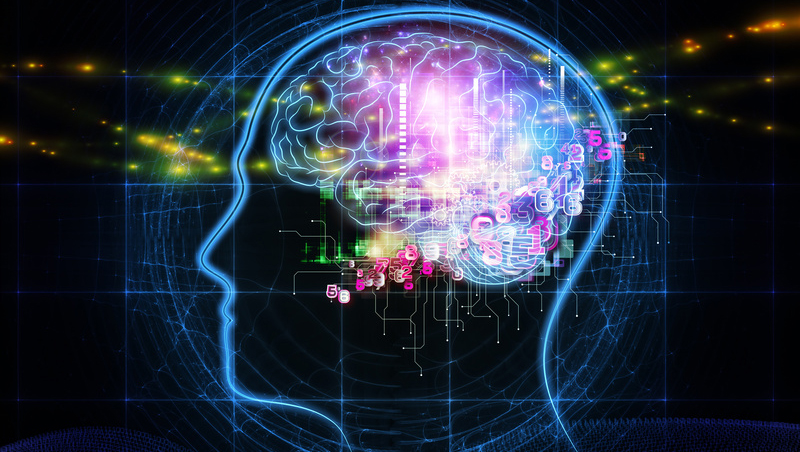An AI is better at diagnosing heart disease than a doctor
Artificial intelligence tech could predict and prevent heart attacks

The reality of AI doctors is no longer something out of a science fiction story. Artificial intelligence is powering the future of healthcare and now, thanks to a recent study from The Francis Crick Institute things have moved closer to that reality than ever before.
Using an anonymised data set of over 80,000 patients, an AI learnt how to model and predict heart disease mortality rate in patients. The AI actually had a greater level of accuracy than trained doctors or data models created by experts. When contrasted with one expert-created model used by doctors, researchers found that the AI had a greater success rate for predicting mortality from heart disease within five years.
By comparing 586 variables in patients, compared to the 27 used in the expert model, researchers calculated that the AI had an 80% prediction rate, compared to the 70% the model offered.
The researchers attributed the AI's success rate to the higher number of variables it considered as part of its predictions. Compared to a human brain, the AI is able to compute information a doctor wouldn't have even considered relevant meaning an increased likelihood of an accurate prediction. In particular, researchers highlighted variables doctors hadn't thought of, such as the number of home visits something that isn't biologically linked to heart disease, but can be an indicator of poor health.
The study's authors admit it had limitations and state that the research would need to be replicated to prove reliability. However, it functions as an effective waypoint in the implementation of artificial intelligence to healthcare.
While it's arguable that nothing will replace the importance of a human looking after you, this study shows that technology does have an important place in the future of healthcare. It's just a shame that there's still a long way to go before AI becomes an intrinsic part of it.
Sign up today and you will receive a free copy of our Future Focus 2025 report - the leading guidance on AI, cybersecurity and other IT challenges as per 700+ senior executives

